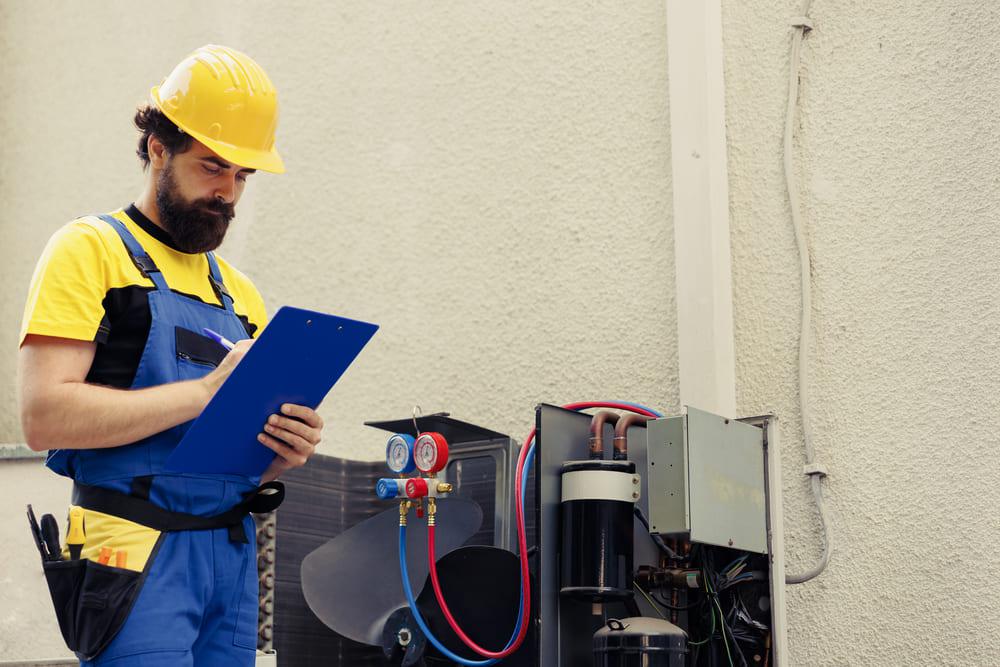The HVAC industry is evolving rapidly, driven by advancements in solar technology, smart home integration, and green energy solutions. Professionals seeking to stay ahead must invest in specialized training to master these emerging trends. This blog explores the key areas of modern HVAC training, backed by statistics, trends, and actionable insights.

The Rise of Solar-Powered HVAC Systems ☀️
Solar energy is revolutionizing HVAC systems, making them more efficient and sustainable. According to the U.S. Energy Information Administration (EIA), solar-powered HVAC installations have grown by 32% annually since 2020. Training in solar HVAC covers:
- Photovoltaic (PV) integration – Connecting solar panels to HVAC units.
- Thermal solar systems – Using solar heat for space conditioning.
- Energy storage solutions – Batteries for uninterrupted climate control.
Key Statistics on Solar HVAC Adoption
| Region | Annual Growth Rate (2020-2024) | Expected Market Size (2030) |
|---|---|---|
| North America | 28% 📈 | $12.5 billion 💰 |
| Europe | 35% 📈 | $9.8 billion 💰 |
| Asia-Pacific | 42% 📈 | $18.3 billion 💰 |
Training programs now emphasize hybrid systems that combine solar with traditional HVAC, reducing energy bills by up to 50%!
Smart Home Integration: The Future of HVAC 🏠🤖
Smart home technology is transforming HVAC systems into intelligent, self-regulating networks. A report by Statista predicts that 68% of U.S. homes will have smart HVAC controls by 2027. Key training modules include:
- IoT-enabled thermostats – Learning systems like Nest and Ecobee.
- AI-driven diagnostics – Predictive maintenance to prevent breakdowns.
- Voice and app control – Integrating HVAC with Alexa, Google Home, and Siri.
Benefits of Smart HVAC Training
| Skill Acquired | Average Salary Increase | Industry Demand Level |
|---|---|---|
| Smart Thermostat Setup | +12% 💵 | High 🔥 |
| AI Diagnostics | +18% 💵 | Very High 🚀 |
| Home Automation Integration | +15% 💵 | Growing 🌱 |
Professionals with smart HVAC expertise can expect 20% higher employability, as builders and homeowners prioritize energy-efficient, automated systems.
Green Energy Certifications: A Must for Modern Technicians 🌿
Sustainability is no longer optional—LEED, NATE, and BPI certifications are becoming industry standards. The U.S. Bureau of Labor Statistics reports that HVAC jobs with green certifications will grow 13% by 2030, outpacing traditional roles.
Top Green HVAC Certifications
| Certification | Focus Area | Average Salary Boost |
|---|---|---|
| LEED Green Associate | Sustainable Building Design | +$8,000/year 💸 |
| NATE Certification | Energy Efficiency | +$10,000/year 💸 |
| BPI Analyst | Home Performance | +$12,000/year 💸 |
Training in geothermal heat pumps, wind-assisted cooling, and low-GWP refrigerants ensures technicians stay competitive in a $300 billion global green HVAC market.
Conclusion: Why Specialized Training Matters 🎯
The HVAC industry is shifting toward sustainability, automation, and renewable energy. Technicians who invest in solar, smart home, and green energy training will dominate the market, enjoying higher salaries, better job security, and cutting-edge skills.
Are you ready to future-proof your HVAC career? The time to train is now! ⚡🔧




